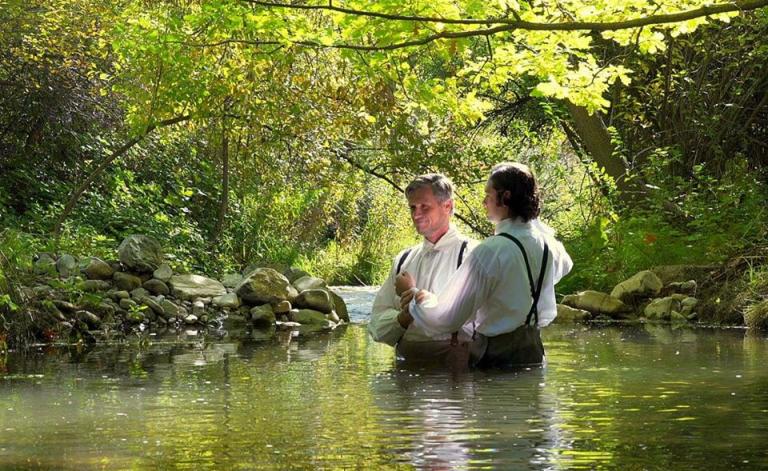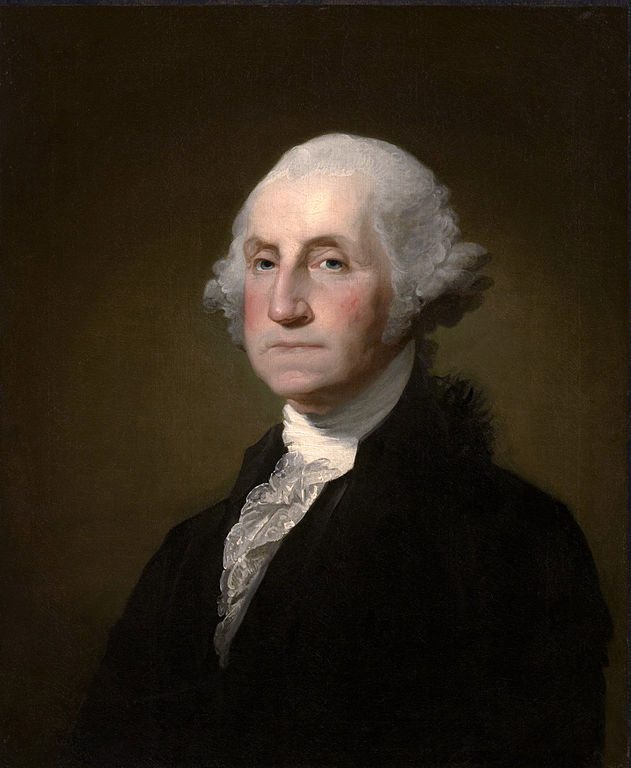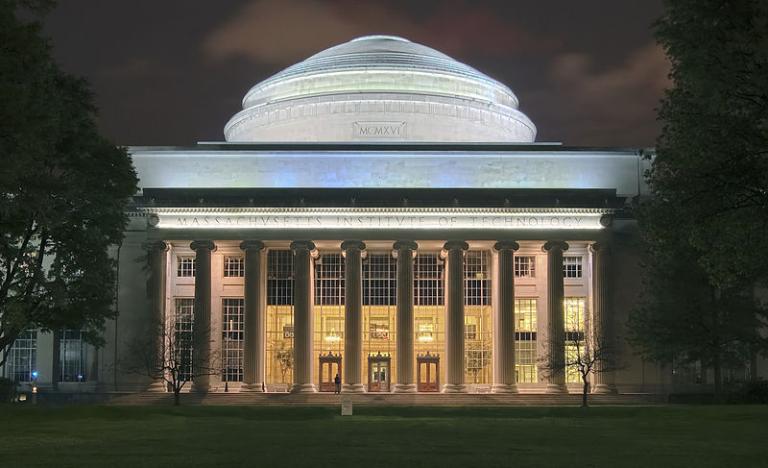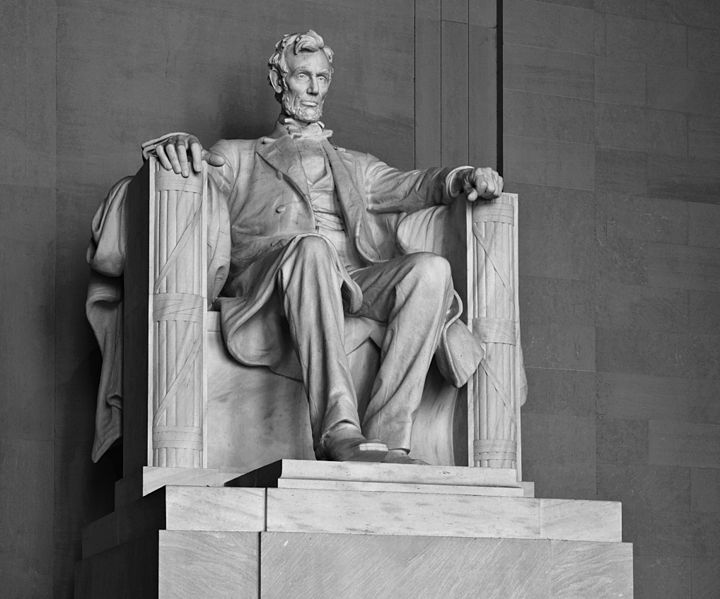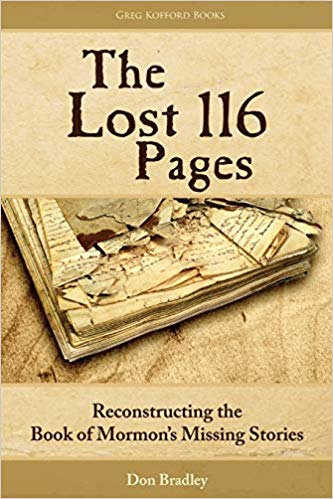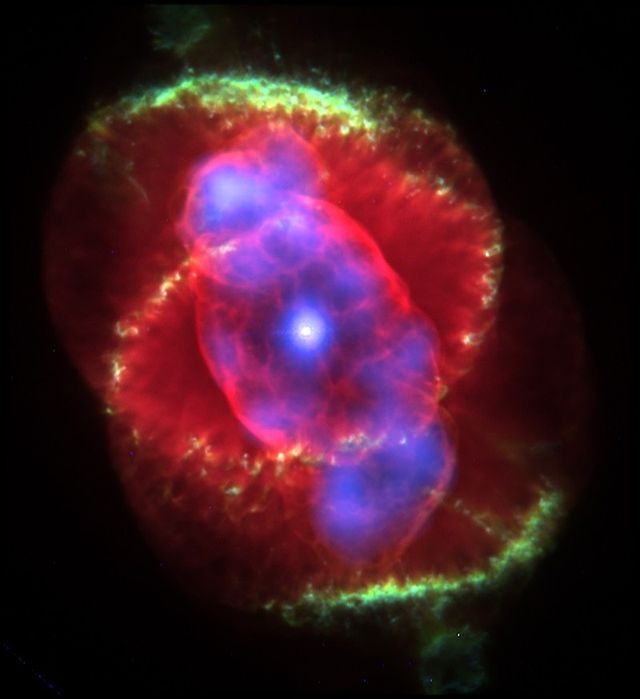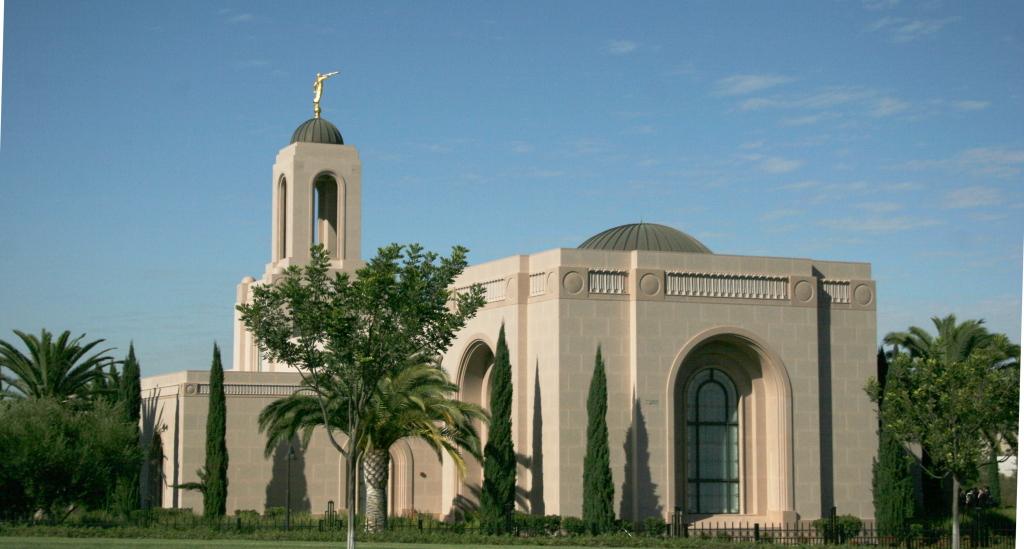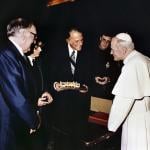New, in Interpreter: A Journal of Latter-day Saint Faith and Scholarship: Don Bradley, “A Passover Setting for Lehi’s Exodus” Abstract: Later in his life, former Palmyra resident Fayette Lapham recounted with sharp detail an 1830 interview he conducted with Joseph Smith Sr. about the coming forth of the Book of Mormon. Among the details he reports that Lehi’s exodus from Jerusalem occurred during a “great feast.” This detail, not found in the published Book of Mormon, may reveal... Read more



